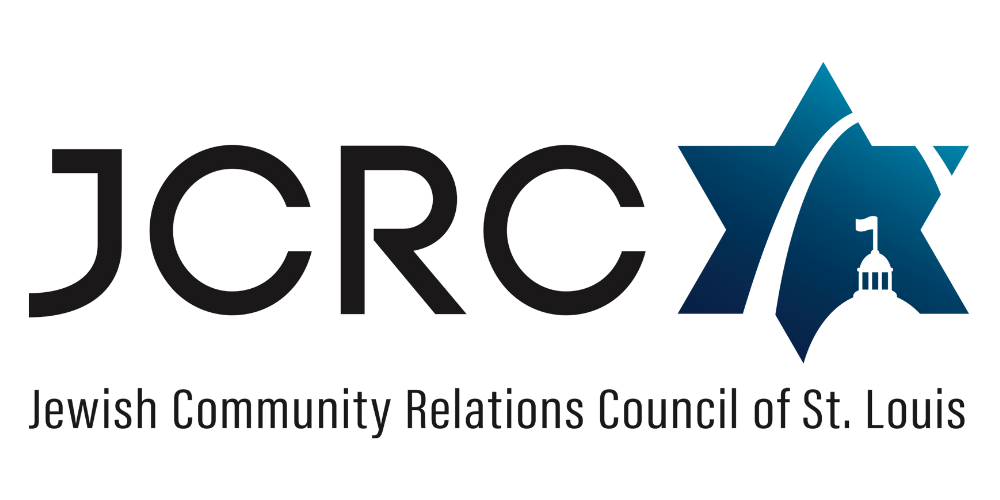December 2004 Stem Cell Research
The following position was voted upon and passed unanimously.
Society today stands on the threshold of a new era in biomedical research. The wisdom granted to humans by our Creator has led to our greater understanding and knowledge of the building blocks of human life itself.
The recent discovery of “pluripotent” stem cells (non-specialized cells that can differentiate into any type of cell found in the human body) represents an extremely important medical break through. Researchers can now separate these early, undifferentiated stem cells (also called “embryonic stem cells”) from a blastocyst, which is the microscopic ball of cells that eventually develops into an embryo. These early stage stem cells have demonstrated the capacity to develop into healthy cells, tissues and organs that could potentially replace those destroyed by aging or disease. According to the National Institutes of Health, medical research with these early stage stem cells holds the potential to save or improve many lives by aiding or curing diseases such as diabetes, heart defects, spinal cord injuries, Parkinson's, Alzheimer's, and a variety of cancers.
A debate has emerged in American society at large, among our elected leaders, and in many state legislatures including Missouri and Illinois, as to whether public policy should permit, encourage, restrict or ban the further conduct of this biomedical research. The debate centers on the two separate sources and techniques for harvesting embryonic stem cells:
In the first, stem cells are extracted from a blastocyst that is formed from a fertilized egg. Fertility clinic patients typically donate fertilized eggs that would otherwise be discarded. In the second, a process known as somatic cell nuclear transfer (SCNT), DNA from a patient's somatic cell (such as a skin cell) is transferred into an unfertilized egg which has had its nucleus removed. The egg is then stimulated to begin dividing, and stem cells can be extracted from the resulting blastocyst a few days later. The SCNT process yields stem cells with an additional benefit – they are a genetic match to the patient and therefore will not be rejected by that person’s immune system. Because SCNT involves a “cloning” process (i.e., the replication of cells from a single original entity), the process is also referred to as “therapeutic cloning.” (This is distinguished from “human reproductive cloning,” i.e., using cloning to create a birthed child.)
In pursuing stem cell research, we must be vigilant against any erosion of the value that society accords to human life. Jewish law and tradition places great value upon human life; we are taught in the opening chapters of Genesis that each human was created in God's image. After creating man and woman, God empowered them to enter a partnership with God in the stewardship of the world. The Torah commands us to treat and cure the ill and to defeat disease wherever possible; to do this is to be the Creator's partner in safeguarding the created. The traditional Jewish perspective thus emphasizes that maximizing the potential to save and heal human lives is an integral part of valuing human life. Moreover, our tradition states that an embryo in vitro (i.e., not yet implanted in the womb) does not enjoy the full status of human-hood and its attendant protections. Thus, if stem cell research advances our ability to heal humans with greater success, it should be pursued since it does not require or encourage the destruction of life in the process.
JCRC advocates allowing scientists to determine if the greater promise of Pikuach Nefesh (saving lives) holds true and a life may be saved through continued embryonic stem cell research. In addition, JCRC supports the exploration of SCNT as a specific stem cell research technique.
All branches of Judaism have come forward in public statements to support continued stem cell research and specifically SCNT and to develop responsible regulations to safeguard against potential scientific abuse. The JCRC will advocate on behalf of continued responsible stem cell research at the state and national level, and will oppose efforts to restrict or penalize scientists, clinicians, or patients for participating in stem cell research and SCNT technology for therapeutic purposes.

